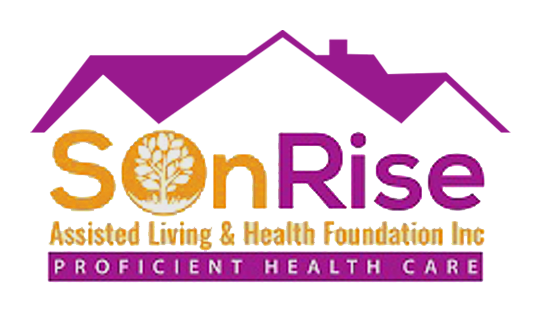
The month of April is recognized as Autism Awareness Month. Autism, or autism spectrum disorder (ASD), refers to a broad range of conditions characterized by challenges with social skills, repetitive behaviors, speech and nonverbal communication. According to the Centers for Disease Control autism affects an estimated 1 in 44 children in the United States today. Signs of autism usually appear by age 2 or 3.
Children affected by autism grow up to become senior citizens affected by autism. Even though there is not a lot of discussion about this topic as it relates to senior citizens, there are several seniors in our communities who are living their lives with autism and some of which developed it in their later years.
Here are 4 ways in which we can care for senior citizens with autism and provide support as needed:
Maintain a Daily Routine
Individuals with autism need a healthy daily routine. These simple everyday tasks will be extremely powerful as they will reinforce a feeling of happiness, stability and overall well-being.
Encourage Social Activity
Whenever possible, seniors should attend a support group. Support groups can be a great place for them to identify with other people that face the same everyday challenge.
Be Aware of Their Sensitivities
People with autism are far more sensible as their senses are sharper than normal. Music and general noises will sound louder in their ears, lights can appear much brighter for them and smells can feel stronger.
Communicate on Their Level
It may be challenging for people with autism to verbally express themselves. Simple questions such as “How are you feeling?” should be avoided and replaced with more specific questions such as “Are you happy/sad today?” “Are you tired/ sleepy? Specific questions will avoid frustration and result in clear replies.
Individuals with this disorder have proven that they can still lead happy and fulfilling lives. They continue to soar above the diagnosis and contribute to society with their learned and unique skills, talents and abilities. By being aware of their potential challenges, we will be better prepared to interact intelligently and with care in their senior years.
